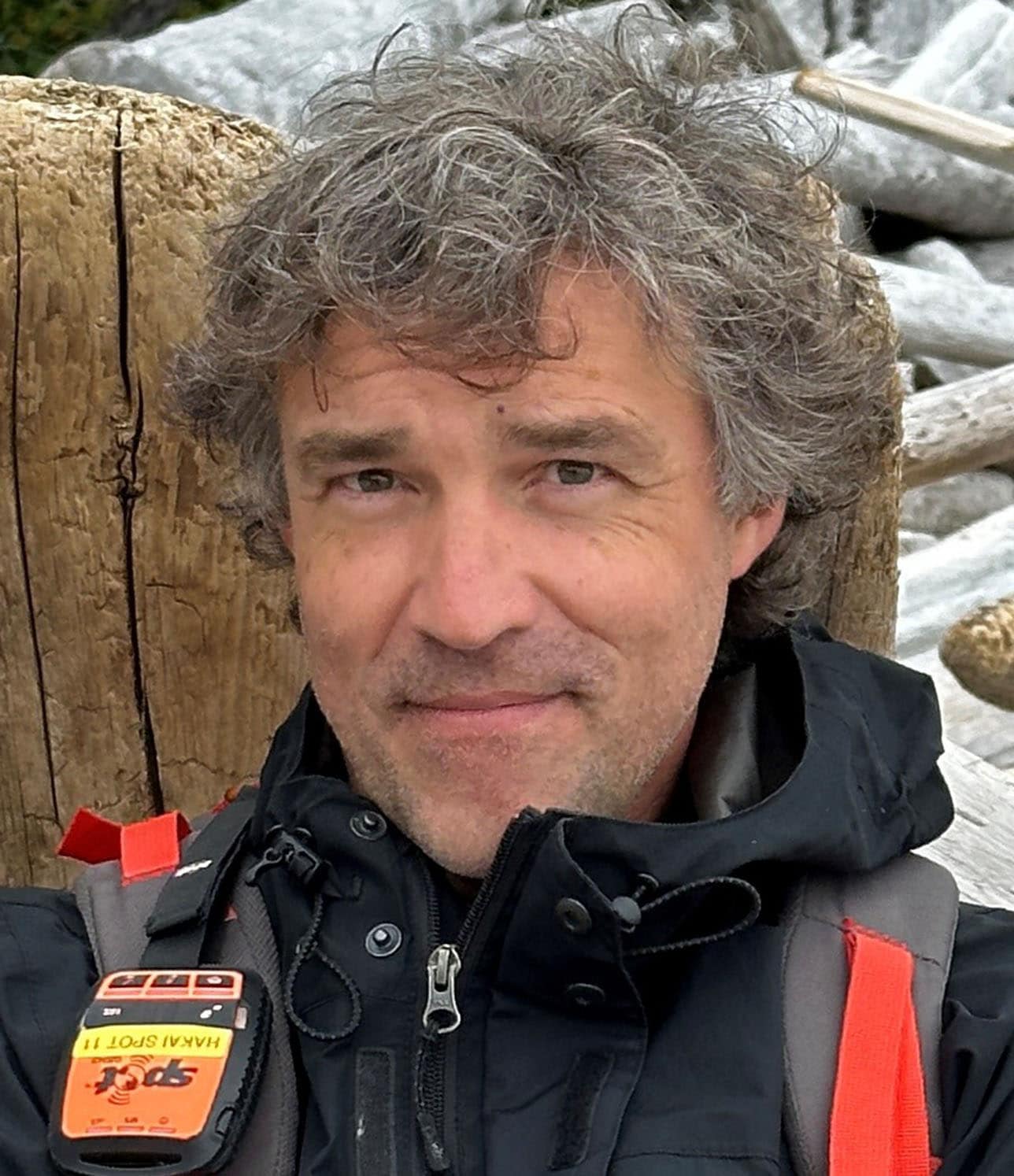Biosketch
Patrick Keeling is an evolutionary biologist working on the impacts of endosymbiosis and horizontal gene transfer on the tree of life. Keeling’s research focusses on protists, which are microbial life forms with complex, eukaryotic cells with a nucleus like the cells of animals and plants. Keeling was born in Owen Sound Ontario, in Canada, and completed his BSc in Genetics at the University of Western Ontario, a PhD in Biochemistry at Dalhousie University in Nova Scotia, and two postdocs at the University of Melbourne and Indiana University. He joined the Botany Department at the University of British Columbia in Vancouver, Canada in 1999. He has served as the Director of programs through the Canadian Institute for Advanced Research and Tula Foundation to foster research networks in microbial biodiversity, and is Associate Director of the UBC Biodiversity Research Centre. His work touches on a wide diversity of life, as is seen in recognition by diverse scientific societies reprinting protists, fungi, plants, and algae. He has been awarded a Guggenheim Fellowship, a Stacie Prize, the Gilbert Morgan-Smith Medal from the NAS, and has been elected Fellow of the Royal Society of Canada, the American Academy of Microbiology, and the Linnaean Society of London. He has served on editorial boards of the Proceedings of the Royal Society of London and Annual Reviews in Microbiology, and as president of the International Society of Protistology and International Society of Evolutionary Protistology.
Research Interests
For most of us, the term biodiversity brings to mind a huge variety of animals and plants - but most life on Earth is actually microbial, and this microbial life forms the foundations of every ecosystem on the planet. Keeling’s research focuses on one of the more poorly-studied forms of microbial life, the protists. Protists mostly live as single cells, but they are highly complex, eukaryotic cells with a nucleus, like the cells of plants, animals, and fungi. Indeed, all these multicellular groups actually evolved from different protist ancestors, and the diversity of living protists dwarfs that of these more familiar multicellular lineages. Keeling’s research has sought to make sense of this diversity in an evolutionary context, using fieldwork, microscopy, genomics, and single cell genomics to reconstruct ancient events tied to the origins and diversification of complex eukaryotic cells. This work has led to major changes in the way we understand the tree of eukaryotes, the role of horizontal gene transfer in eukaryotic genome evolution, how endosymbiosis and organelle origins unfolded and affected the partners at the molecular level, and how parasites evolved from free living ancestors.
Membership Type
International Member
Election Year
2024
Primary Section
Section 25: Plant Biology
